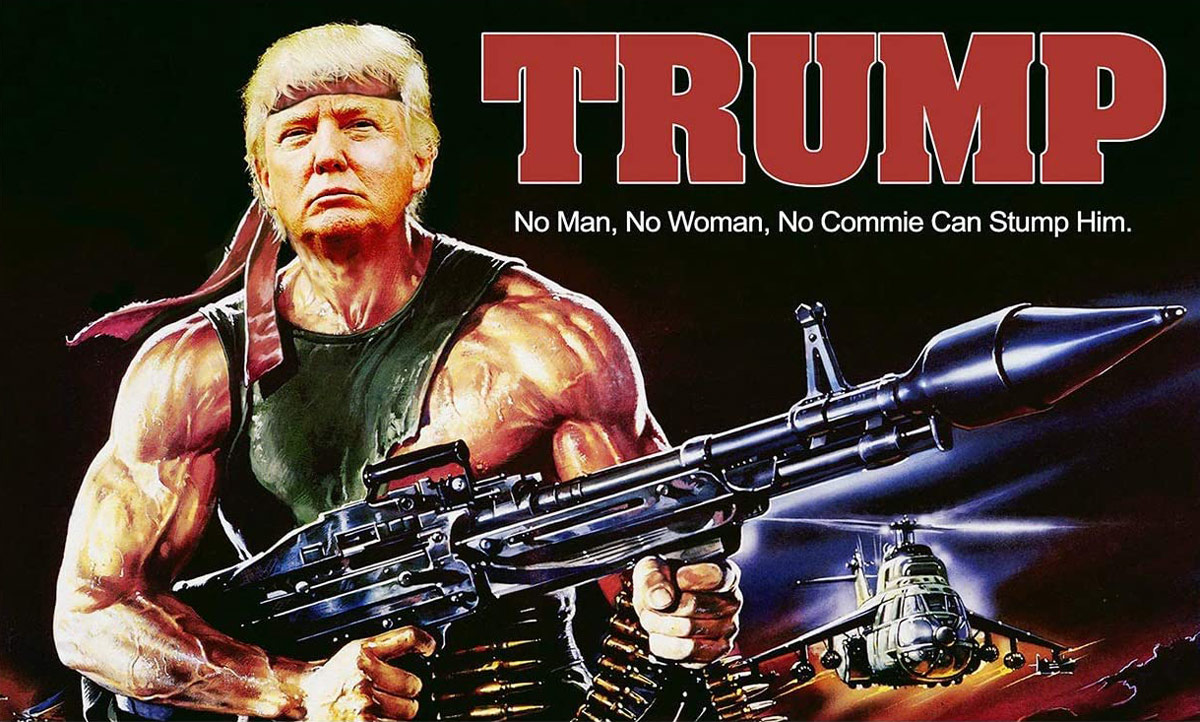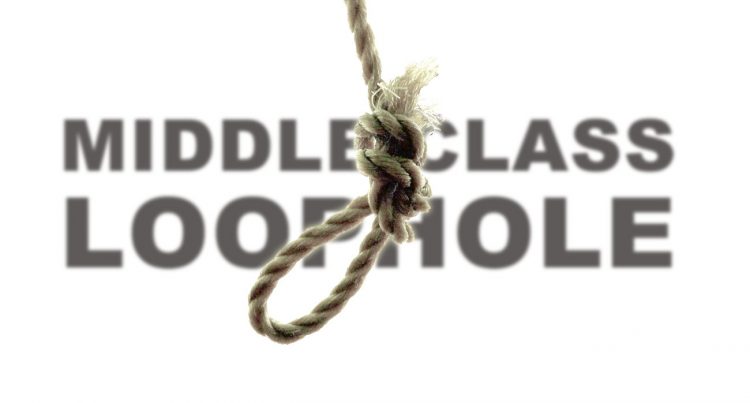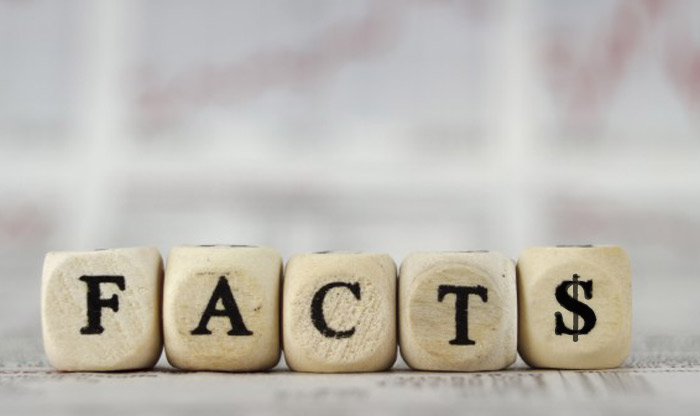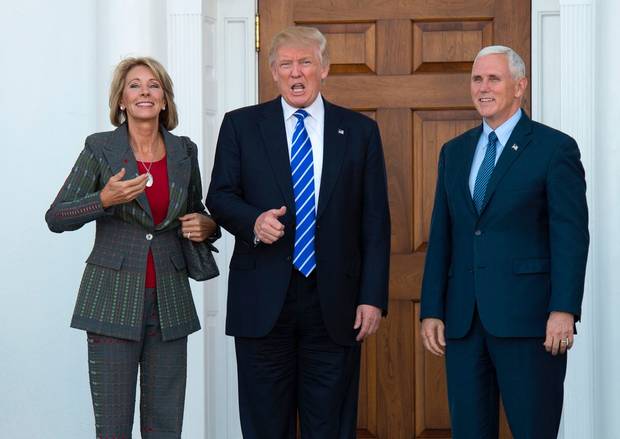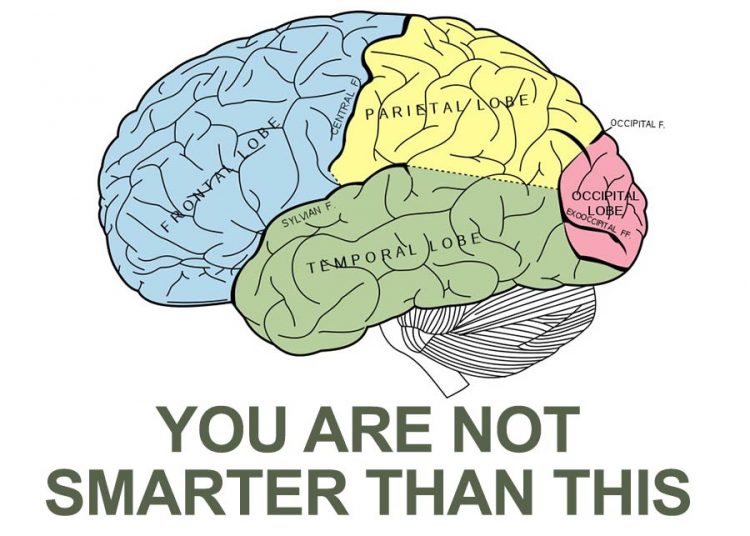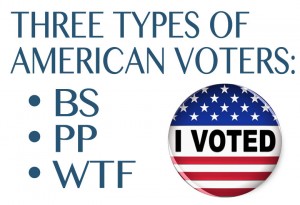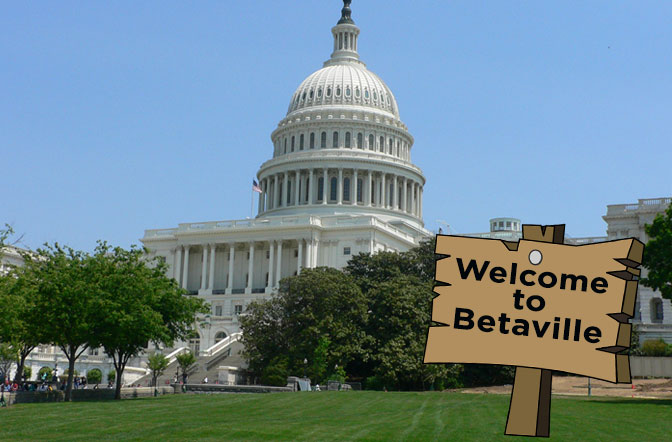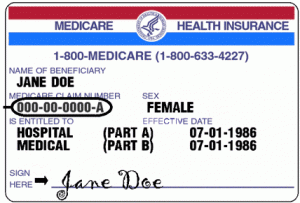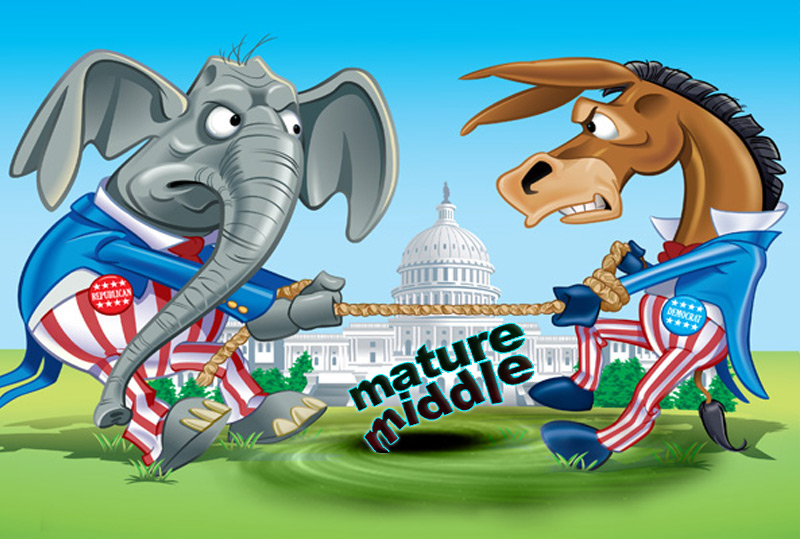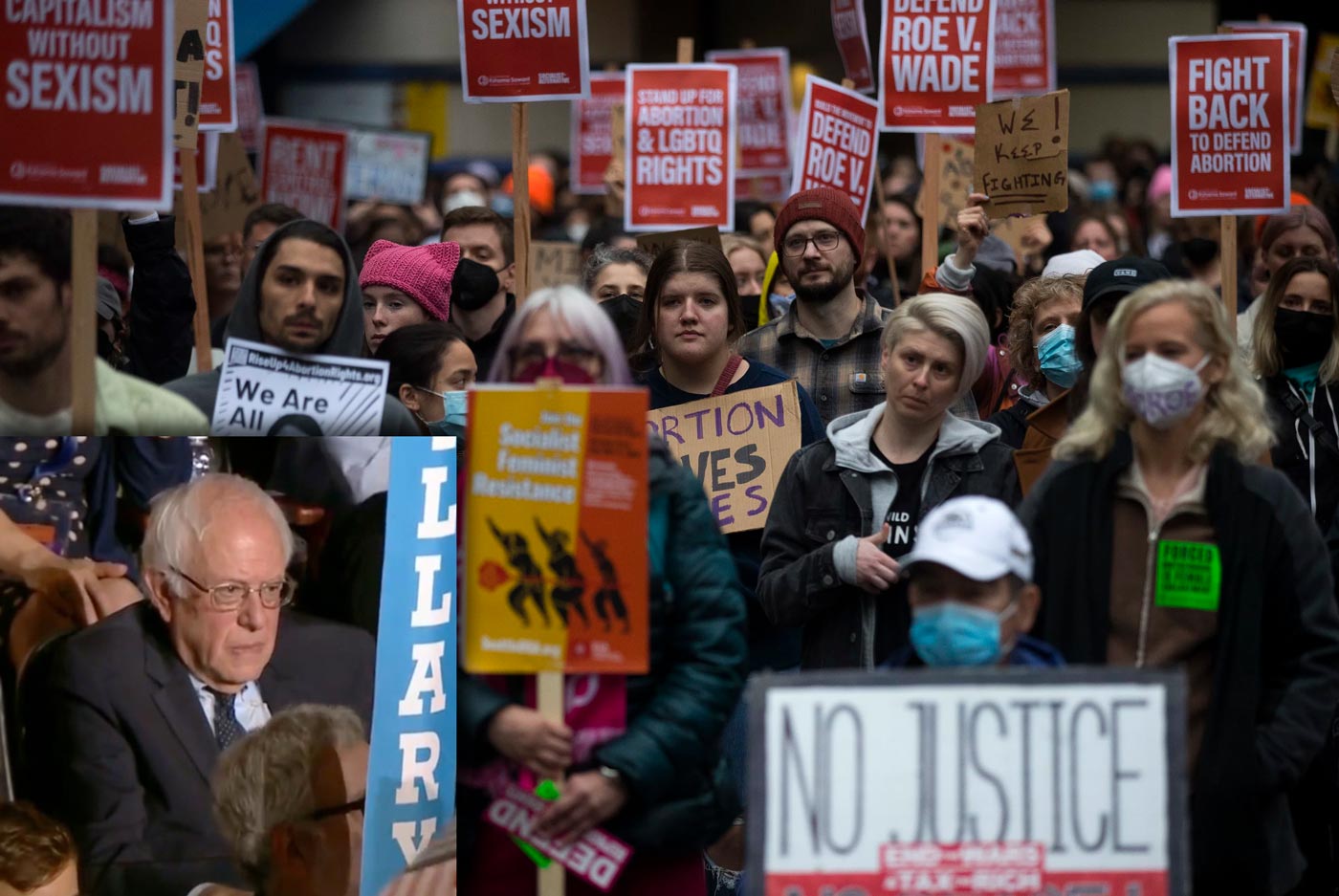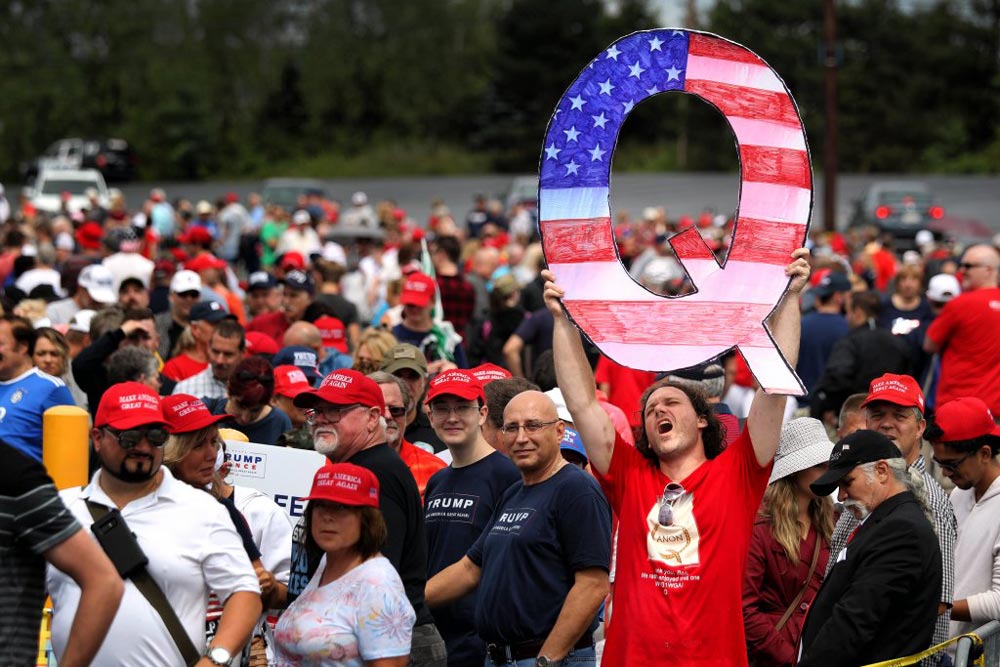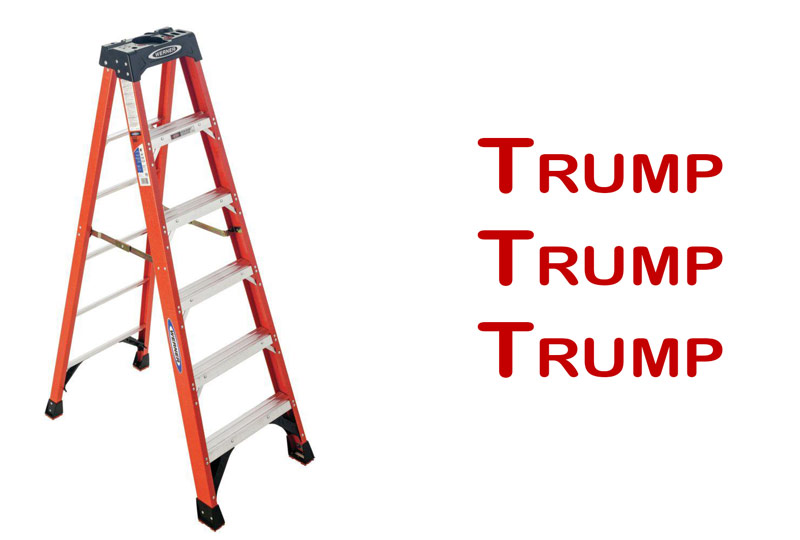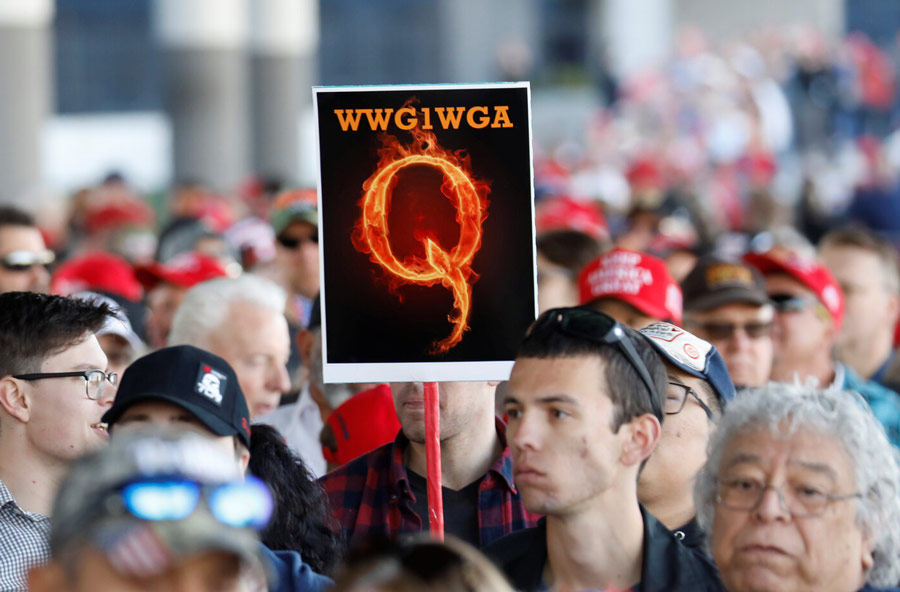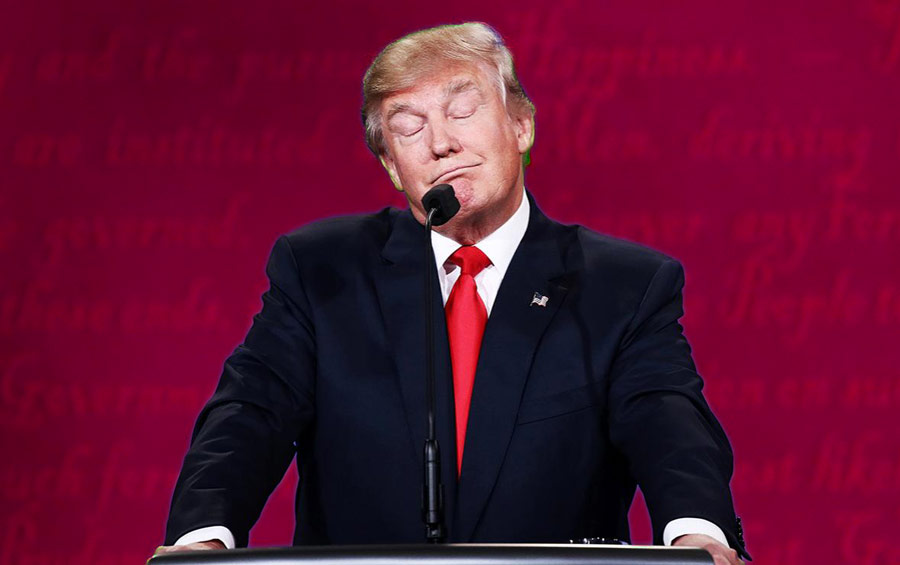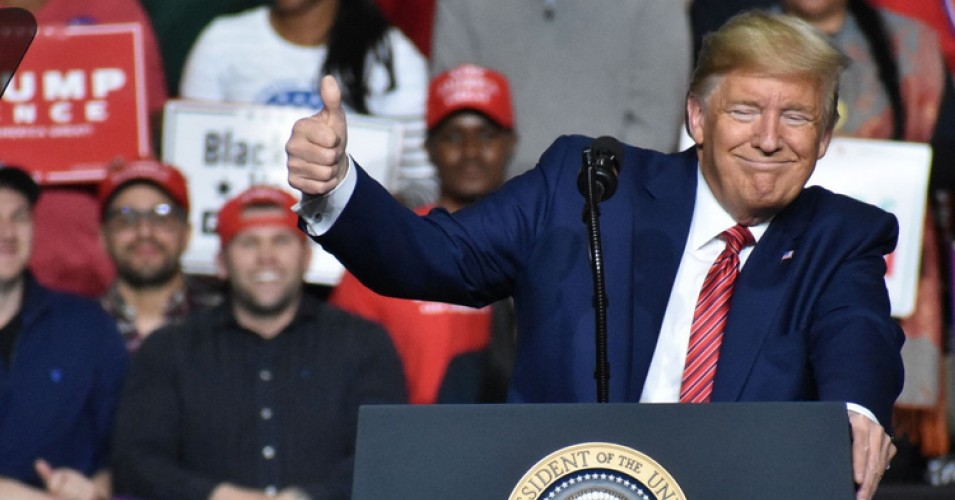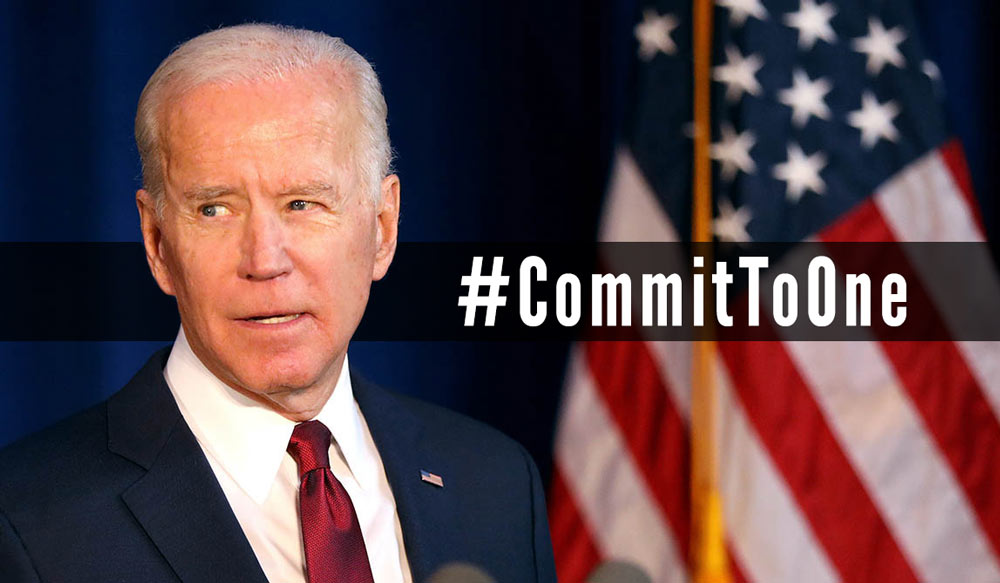How Health Care Fits Into the Social Contract
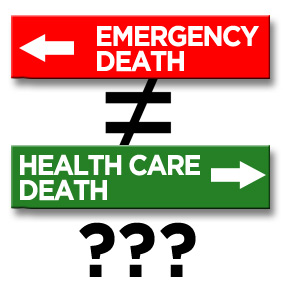 When I think health care I first visualize emergency rooms (rather than, say, viagra, botox, digestive yogurt, or titanium hips). No one I’ve ever spoken with (because I’ve never spoken with “Ron Paul Ryan” personally) believes that if a person gets seriously injured and brought to an emergency room that they should NOT be treated (e.g. “left to die”). There’s still at least that bit of human compassion Left (intended) in the United States. When someone is seriously injured, then treating the patient “becomes” acceptable, regardless of health insurance coverage or ability to pay. That’s the only time in American when health care overrides health profit.
When I think health care I first visualize emergency rooms (rather than, say, viagra, botox, digestive yogurt, or titanium hips). No one I’ve ever spoken with (because I’ve never spoken with “Ron Paul Ryan” personally) believes that if a person gets seriously injured and brought to an emergency room that they should NOT be treated (e.g. “left to die”). There’s still at least that bit of human compassion Left (intended) in the United States. When someone is seriously injured, then treating the patient “becomes” acceptable, regardless of health insurance coverage or ability to pay. That’s the only time in American when health care overrides health profit.
(… unless you’re currently lost in the extreme right’s jihad against anything and everything except tax cuts and having more babies, in which case in no case does care override profit. – Die hard for creating new life, die harder for the death chair, die hardest and with the most indignity if you can’t afford health insurance… their logic is worse than an Escher drawing. The end result is the same in all cases, but they treat you with more compassion and dignity if you’ve been given the death penalty than they do if you’re uninsured or pregnant… think on it… it’s absolutely true.)
For the non-lost-in-Escher-esque-logic thinkers out there, the moral benchmark of saving life in an emergency is our starting point. Take that basic moral foundation and see how far it ought extend to apply to other health-related issues.
Why is it acceptable to prevent death in an emergency, but not acceptable to prevent death from a long-term disease that if left unreated will also result in death?
Death does not equal death… because for some reason we are morally obligated to save in one situation, but not in the other. What’s the difference?
Cost, of course, is the political argument… yet how morally repugnant is that? Or is it that “emergency” is somehow a more important potential death than death by cancer or any number of other diseases from which people can be saved just as heroically, if not with as much immediacy, as being hit by a Mack truck?
Why, exactly, does the immediacy of an emergency death demand a moral response, but the longer-duration cure of a cancer NOT demand a moral response? What’s so special about immediacy that it alone creates a moral obligation for providing health care? No one seems capable of answering that question.
I believe that when anyone who looks at the emergency room situation will agree: treat the patient. There’s a common ground as a starting place, but again I ask: why does that same moral code extend to preventable measures as well as emergency measures?
The sad part is the convoluted mash-up that’s happened with health care and health insurance. In the United States they are the same problem. US health care costs are so incredibly high, that the issue is NOT actually health care, it’s the money involved (is that not always the case in America?). Thusly, the argument against any universal health care system is that it’s too expensive… even though the reason our health care costs are so high is precisely BECAUSE we don’t have a universal health care system… but that’s too logical, and there’s too much money to be made by keeping the form of health insurance that we currently have.
That is the ONLY reason we don’t have universal health care in the United States: because health insurance companies make a lot of money. That’s it. If there wasn’t a profit motive, this country would have single payer just like every other western country. But since profit IS at the core of health care in the United States as a direct result of the health insurance industry, we have the most expensive health care system in the entire world – and have completely forgotten the fundamental point: when someone is in need, we take care of them. It’s a moral issue, not financial, and most definitely NOT political. But first, money flooded politics, and then politics flooded (or rather, washed out) morality.
The only solution is a bold one that is strong enough to fight against the currents of profit in a country obsessed with it: universal health care; a single payer system. That gets profit out and therefore controls costs.
But more importantly: it re-establishes our moral compass. It kicks slaps us up side our big heads and asks, “What the hell have you been doing, you wanker!?! Since when was money more important than if someone dies or not?”
On the democratic side, they’ve been trying to get it done for decades. On the republican side, while they are the party of the devout Christians who are their “brother’s keeper”, they have fought this re-alignment of our moral compass tooth and nail every step of the way – for one reason and one reason only: money.
Money is more important than life, literally, for the Republican Party. It is as well for the democrats, but I can objectively say it is to a lesser degree. That reason alone mandates that health care be taken out of politics and put back where it belongs: the most basic moral obligations of a society: do what you can to keep the people alive, not just rich.
And what about citizens? 311 million of us, but we’re not doing anything about it, either. Are we just fat, lazy Americans like the rest of the world thinks?
Apparently so – that or those who actually care about such things have no power because they dont’ have the money to influence policy… and those who have the money don’t care because… they have the money and don’t need to care. Sex drive and pocket books.
We don’t kill our neighbors, and we don’t let them die. That’s beyond politics. It’s too important. Sadly… only those who have the money can ever make the change because money IS government now.
Revolutions just aren’t what they used to be… and I’m too resourceless to get a million or so people cross-country to Washington and complain to the empty heads in Congress… who wouldn’t do a damn thing, anyway, for a guy like me who wears Converse, and rants about pesky things like the social contract and morality.
All I can do is raise my own hand and declare, “I’m upholding my side of the bargain. How about politics and money get out of the way so our Country can do the same?”
